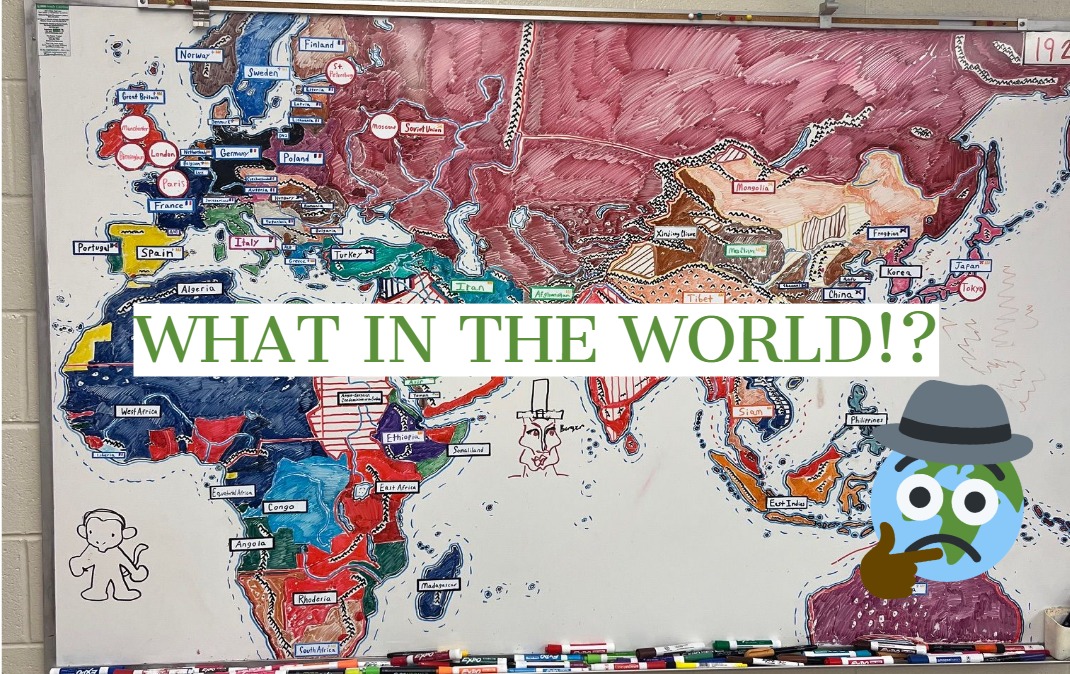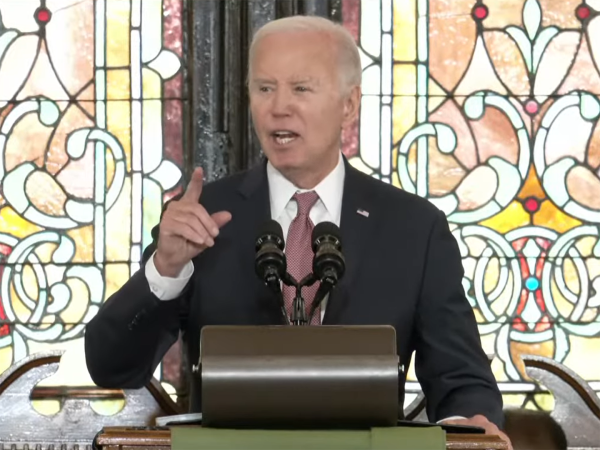Sometimes a Melon is Just a Melon

Wade Spees, The Post and Courier
Adam Ackerman (12) made the first touchdown against Battery Creek on Friday, October 24.
October 27, 2014
Watermelons hit the ground. Winners cheer. Administration gasps.
Why?
Today, according to the US Department of Agriculture, the American groups that consume watermelon the most are Asians and Hispanics, the West, middle-income consumers, and women. Watermelons are a bountiful source of vitamins and cancer-fighting anti-oxidants. The leading producers of this green and red fruit in the United States are Sunbelt siblings of South Carolina: Florida, Georgia, California, and Texas.
But Charleston was focusing on different aspects of the fruit when the Academic Magnet football team celebrated after a game with a watermelon opened using the force of gravity instead of handheld tools. The students purchased and smashed the summery fruit as a way to snack and relax after a sweet victory.
Yet following a complaint from a Charlestonian parent, district administration saw the act as racially insensitive, citing a racist watermelon stereotype originating from the era of slavery. Opponents and district officials were further appalled that a face was drawn upon the watermelon – “a face that could be considered a caricature.” In addition, the watermelon was titled “Bonds Wilson” after the name of Academic Magnet High School’s campus. Adults who remembered the original, predominantly Black Bonds Wilson High School found the name offensive. However, the students, all born after the school was closed down, were not aware of any racial undertones in the name of their current campus or watermelon.
There appears to be a generational divide in the perception of racial tensions in the United States. Parents and grandparents still remember the difficult era of segregation and integration, but younger citizens, raised in an integrated society working hard to keep a good grip on cultural politesse, have not had racial stereotypes ingrained in them to the same degree. Is this event a symptom of the younger generation wantonly forgetting the past and accepting current racism, or a sign that racial tensions are healing?
Some district leaders believed the former. Chastising the AMHS football team and firing the head coach, they blamed the coach for failing to stop the ritual and recognize the racism inherent in playing with food, particularly watermelons. They say that as a coach, his responsibility is to teach children what is wrong and right in society: to teach young adults to be sensitive to old stereotypes. But what are the dividing points between blatant racism, subconscious racism, and acts unintentionally resembling racism?
An unfortunate double entendre, spoken by a well-meaning person, can be perceived by surrounding people as offensive. Likewise, the watermelon incident unintentionally combined several factors that, together, were perceived to be a series of unfortunate racial affronts. No doubt, racism and racial tensions still exist, as events on the national media are quick to highlight. Half a century after the Civil Rights Movement, our world still sees misunderstanding, bitter social divides, and insensitivity between different people. However, it is unfair to say the students are racist and self-righteous just because they were unaware of a stereotype that they had not encountered in their daily lives until this week.
With a relatively large size, rigid shell, and crisp interior, watermelons just happened to be the smashable target of a group letting off steam after an exciting event. Sometimes people just find entertainment in watching things harmlessly explode. Literature majors could analyze the subconscious political, social, economic, artistic, and psychological hues of an imploded watermelon all day long.
But sometimes, a melon is just a melon.
Backlash has built upon itself and remarkably turned this incident into a local crisis with national attention. Academic Magnet’s coach has been fired and unfired. The entire district will now proceed to keep a hawk eye on racially sensitive affairs. Though this peculiar incident is not one where people can easily or unanimously point fingers and lay blame, it does highlight the importance of cultural awareness and sensitivity in our world today. Here is a reason to study history: not just textbooks, but also local records and publications. Open-mindedness comes from experience and encourages awareness. Awareness and tact in turn soothe misunderstanding. We as people work best with the ability to apologize, accept, learn, care, and compromise.













